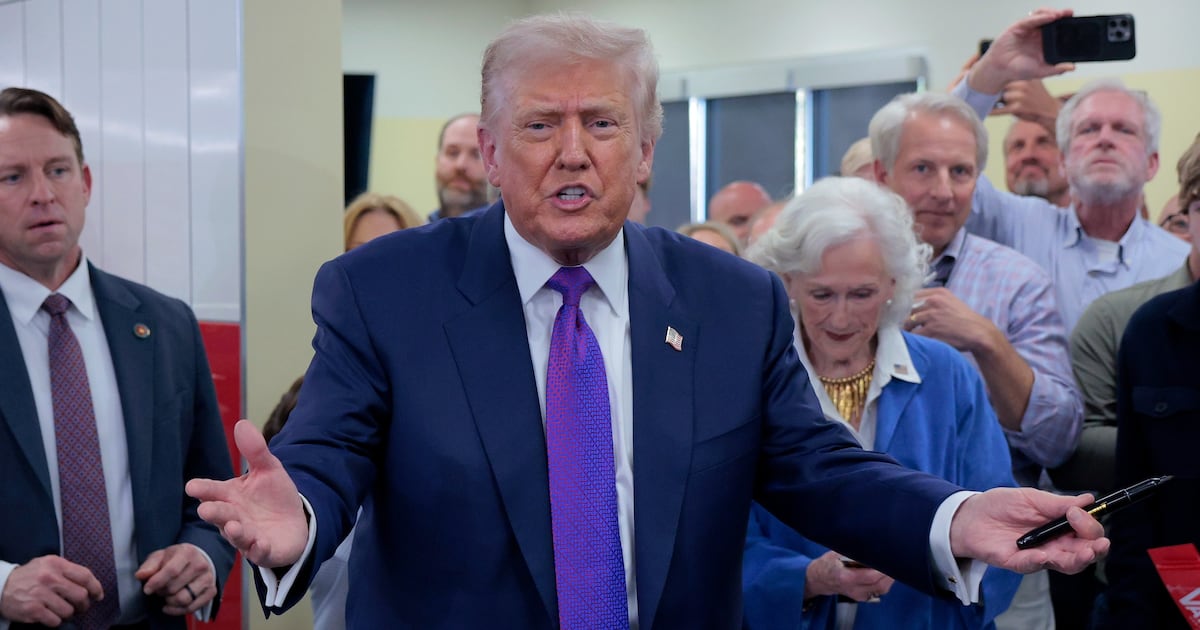This weekend, President Donald Trump returned to an old habit: attacking a federal judge. This time, it was for getting in the way of Trump’s “Muslim ban,” the executive order on refugees and immigration.
On Friday, Seattle federal judge James Robart granted a temporary nationwide restraining order blocking the Trump administration order banning those from seven predominantly Muslim countries from entering the United States. Robart ruled in favor of a legal challenge to the order, which was brought by the state of Washington and then by the state of Minnesota, ruling that states have standing to sue the administration.
The State Department consequently announced on Saturday morning that it has reversed 60,000 visa revocations for people impacted by the president’s highly controversial executive order.
On Saturday morning, Trump predictably lashed out at Robart on Twitter, tweeting that "the opinion of this so-called judge, which essentially takes law-enforcement away from our country, is ridiculous and will be overturned!"
The Washington-based judge, who was nominated by President George W. Bush in 2004, is almost certain to remain in national headlines, as a latest target of Trump’s ire. The last time Trump, then a Republican presidential candidate, started picking a public fight with a federal judge, Trump’s openly racist attack on the judge dominated news cycles and became a major talking point for the Hillary Clinton campaign.
This wouldn’t even be the first time Robart received national media attention regarding a hot-button political issue. In August, during a court hearing for a 2012 lawsuit filed by the Obama administration against the Seattle Police Department, Robart declared that "black lives matter," and sharply criticized the Seattle police union for holding the city “hostage.”
“According to FBI statistics, police shootings resulting in deaths involved 41 percent black people, despite being only 20 percent of the population living in those cities,” Robart said during last year’s hearing. “41 percent of the casualties, 20 percent of the population. Black. Lives. Matter."
Robart’s declaration drew “a startled, audible reaction in a courtroom listening to the words coming from a federal judge sitting on the bench,” The Seattle Times reported at the time.
“To hide behind a collective- bargaining agreement is not going to work,” the judge continued. “The court and the citizens of Seattle will not be held hostage for increased payments and benefits…I’m sure the entire city of Seattle would march behind me.”
Trump, for his part, has repeatedly made clear that his administration would be an “all lives matter” one.
Furthermore, Robart’s past pro bono work with Southeast Asian refugees is another sharp contrast between the Trump White House and its latest addition to its rapidly growing list of enemies. Of course, Robart’s past legal work does not have any relevance to his current job as a federal judge. However, it is safe to assume that the president—who famously went after Judge Gonzalo Curiel simply for being of Mexican heritage—will not care.






